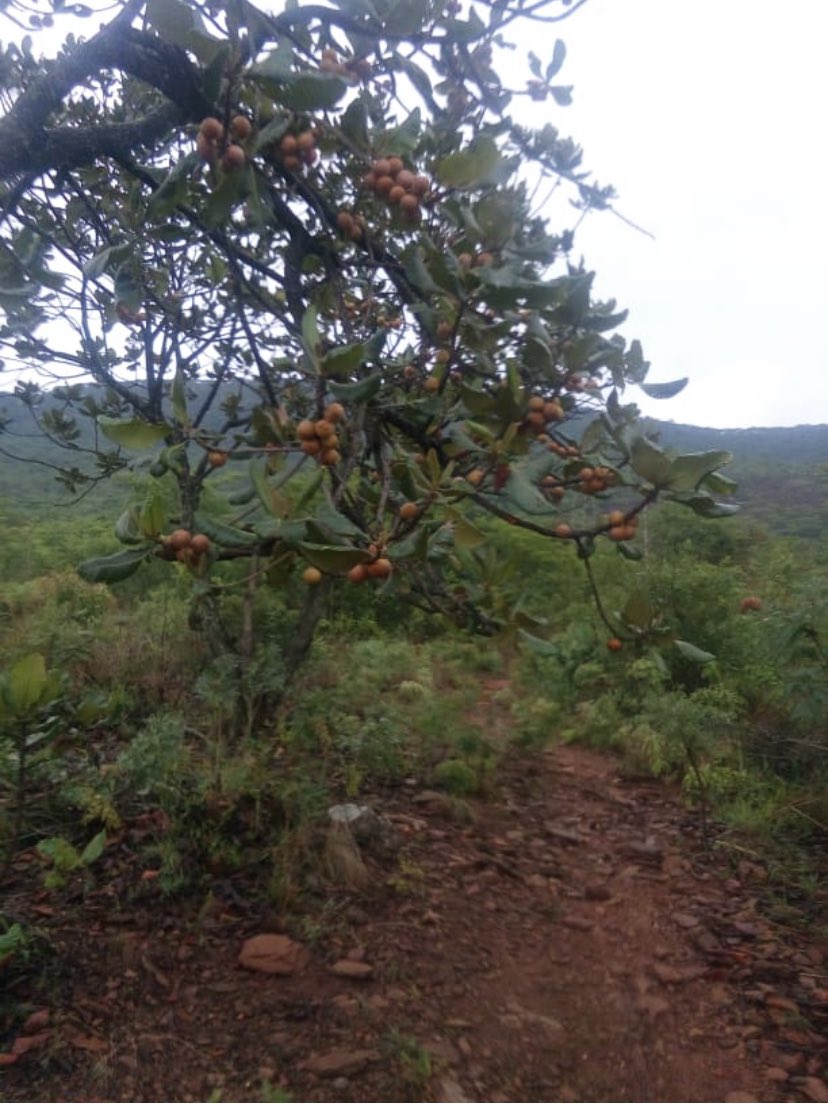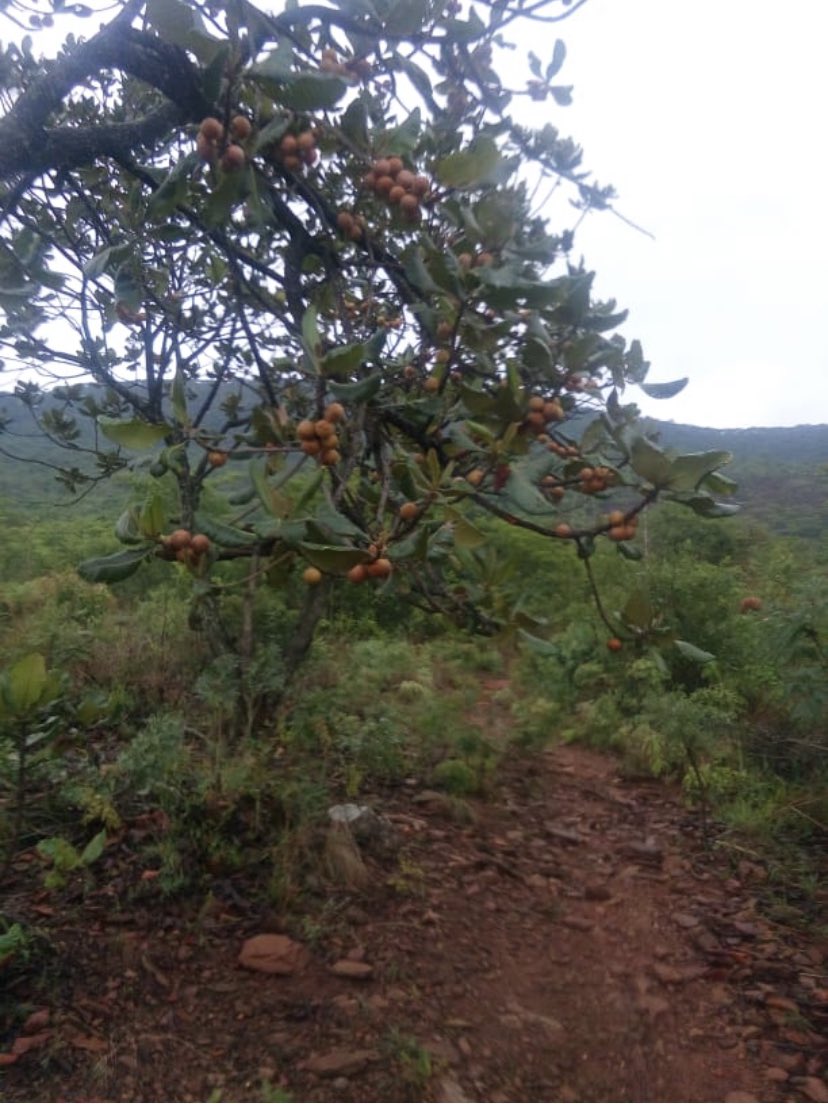
Bembera
1. Back in the village, when an illness visited a member, one of the elders would speak out, pointing to no one in particular but everyone knew the words were directed at someone in their midst. It was called kurova bembera. The idea was to get them to change their ways.
1. Back in the village, when an illness visited a member, one of the elders would speak out, pointing to no one in particular but everyone knew the words were directed at someone in their midst. It was called kurova bembera. The idea was to get them to change their ways.
2. An equivalent of it in modern spaces is subtweeting. It’s nothing new. It’s a way of sending a message to someone without naming them. The BSR “The regime & its enablers” is a typical example of kurova bembera. Those for whom the message was intended got it without naming them
3. In the village, when they knew the author of the problem was among them, they would ask them to correct what they had done to cause the illness by providing the antidote. They would ask each household to prepare porridge for the indisposed person who would be eat from each pot
4. The wisdom was very simple. Whoever was responsible for the illness would put the antidote in their pot of porridge. That would cure the illness. But here’s the key: no one would know which of the pots had the antidote! If it helped, bembera would have worked!
5. Of course, bembera was not just for fixing illness. It was also for dealing with errant behaviour. If someone was of bad habits such as stealing or sleeping with other people’s spouses, Bembera would also be used to bring them back to sociable ways!
• • •
Missing some Tweet in this thread? You can try to
force a refresh





